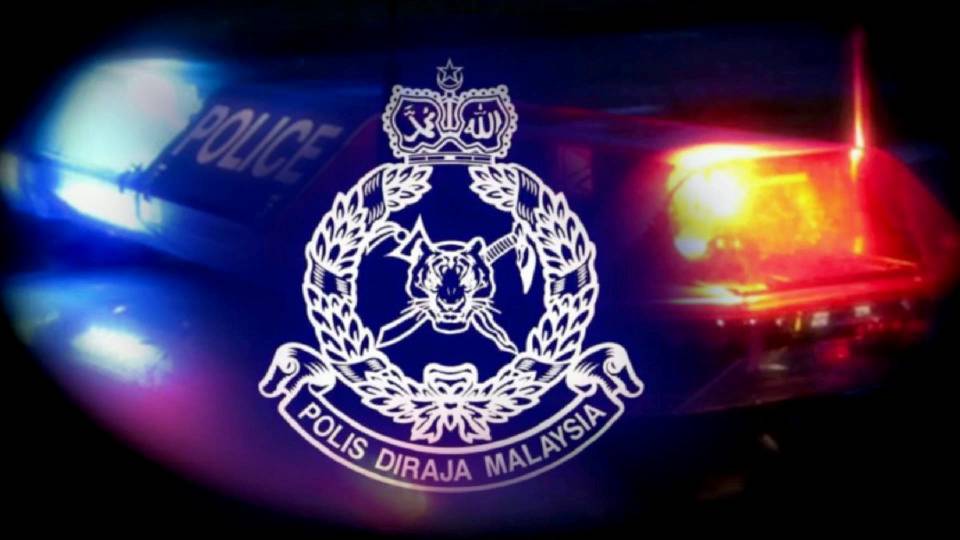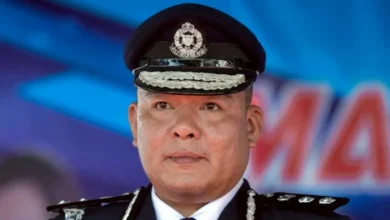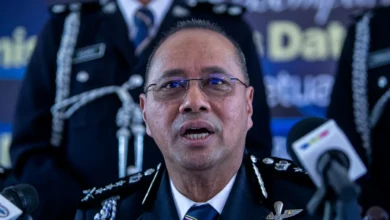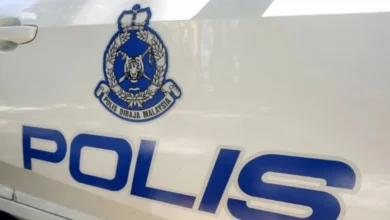Penuntut wanita parah ditikam rakan lelaki
Penuntut wanita parah ditikam rakan lelaki

SUNGAI PETANI: Seorang penuntut wanita institusi pengajian tinggi (IPT) di daerah ini parah dipercayai ditikam rakan lelakinya di kampus hari ini.
Mangsa dipercayai mengalami kecederaan serius di belakang badan akibat tikaman dalam kejadian kira-kira jam 10.30 pagi. Difahamkan, kedua-dua mereka berusia 19 tahun adalah pelajar asasi di IPT terbabit.
Kejadian dipercayai berlaku ketika mangsa bersama beberapa rakannya berjalan menuju ke perpustakaan sebelum dihampiri suspek.
Suspek dipercayai menikam belakang badan mangsa sehingga mangsa rebah dan suspek juga dipercayai cedera pada tangan disyaki akibat pergelutan dengan mangsa.
Sementara itu, Ketua Polis Daerah Kuala Muda, Asisten Komisioner Wan Azharuddin Wan Ismail, berkata suspek ditahan susulan laporan dibuat pihak keselamatan universiti ketika mendapatkan rawatan di klinik kampus berkenaan.
“Mangsa masih menerima rawatan di Hospital Sultan Abdul Halim (HSAH) dan berada dalam keadaan sedar serta stabil.
“Kes disiasat mengikut Seksyen 324/326 Kanun Keseksaan kerana dengan sengaja mendatangkan kecederaan menggunakan senjata berbahaya,” katanya.
Penuntut wanita parah ditikam rakan lelaki
DISYORKAN UNTUK ANDA :
LAWATI LAMAN FACEBOOK KAMI :
Layari Laman Facebook MYKMU.NET





You must be logged in to post a comment.